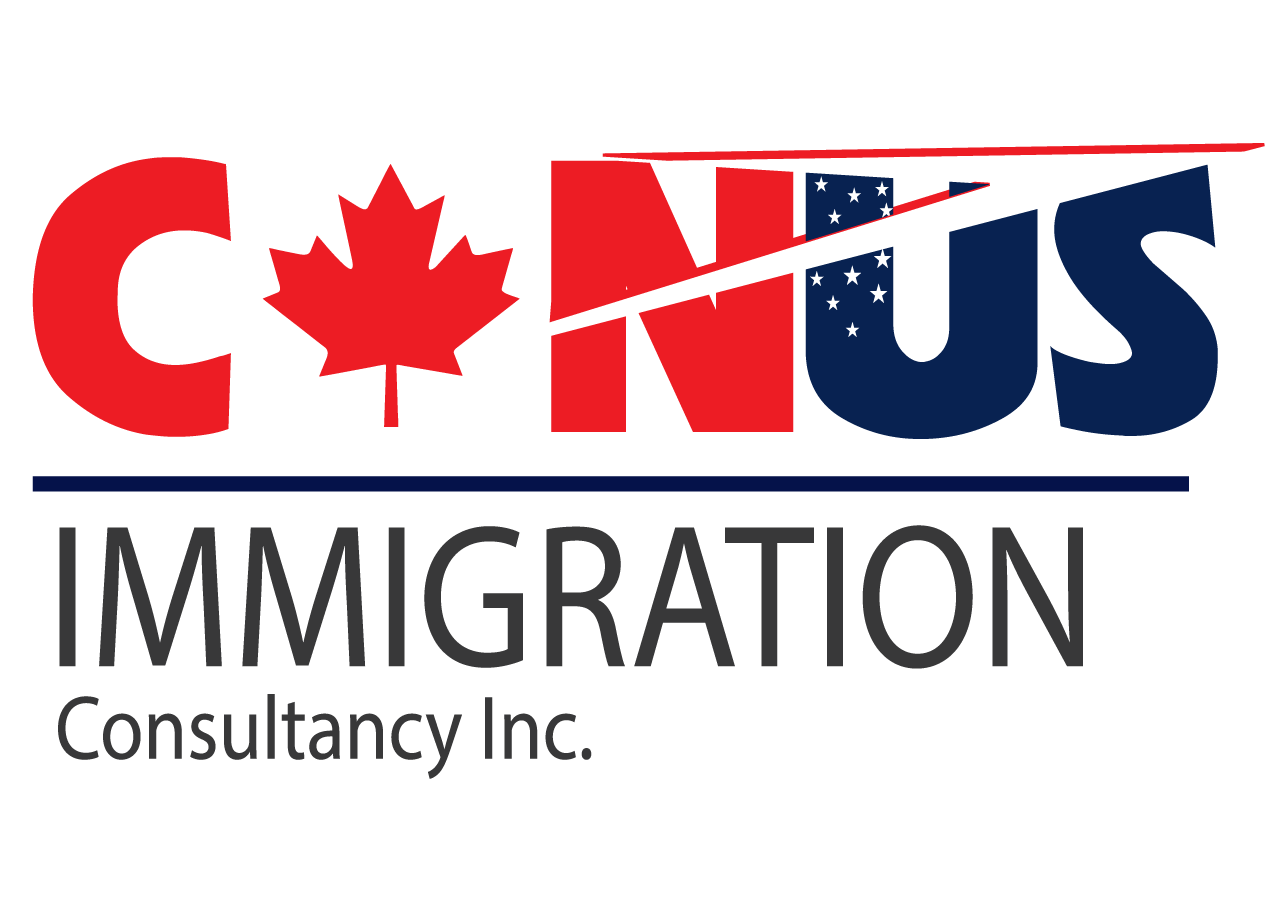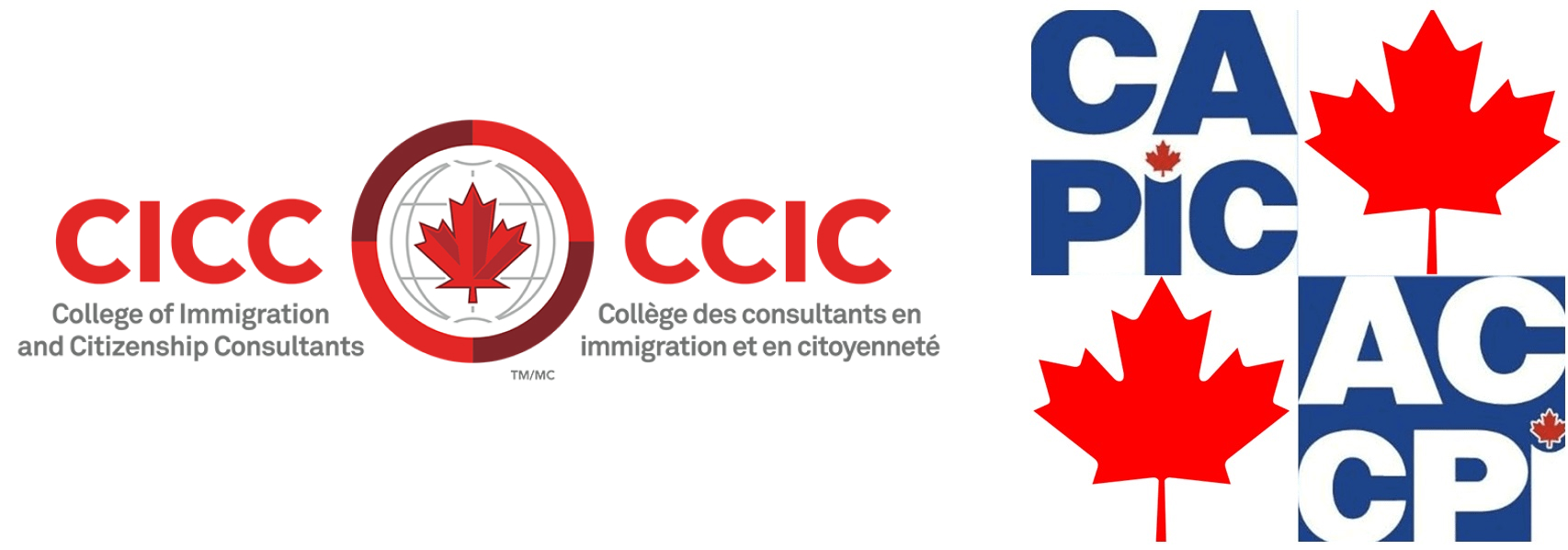- Monday - Friday10AM - 7PM
- Offices: 201-7025 Tomken Rd, Mississauga, ON L5S 1R6, CANADA
All About Canadian Immigration Family Sponsorship
Unlike a few westernized nations, the Canadian immigration system fully supports family unification. The shortcomings from the events following the Second World War triggered Canada’s generosity towards welcoming foreign individuals to unify families thereby strengthening its economy through diversification. As the second-largest category of immigrants trooping into Canada, the family class is widely explored by hundreds of thousands of foreign nationals under the Immigration Levels Plan.
With the country steadily recovering from the global coronavirus pandemic wave, Canada gradually opens its borders to immigrants across boards. Recently, an estimate of over 100,000 new immigrants of the 400,000 immigrants coming into Canada annually fall under the family class category. That’s more than a fourth of the new immigrants crossing Canadian borders yearly under the sponsorship of their immediate family members already residing in Canada.

The Department of Immigration, Refugees, and Citizenship Canada (IRCC) oversees the Canadian immigration system. Formerly known as Citizenship and Immigration Canada (CIC), the IRCC continuously helps thousands of Canadian residents reconnect with their loved ones through Canada’s Family Sponsorship Program. The immigration department makes this possible by drafting the program’s criteria, conducting screenings of family sponsorship applicants, and issuing residential visas.
Can I Become a Sponsor?
Persons in the country can act as sponsors in bringing a family member into Canada as long as they meet the following requirements:
Are either permanent residents or citizens of Canada
Not younger than the age of 18 years
Capable of financially supporting their sponsored invites for years
Who Can I Sponsor?
Common-law partners and spouses
Dependent children
Parents and grandparents
As the applications of immigrants got a little twisted over the years, the IRCC introduced a few exceptions to this criteria. Today, sponsors with non-immediate family members like an uncle, cousin, nephew, or niece, etc. can invite them over to Canada provided they:
Do not have additional immediate family members to sponsor or
The invited is legally adopted and/or meets the IRCC's definition of a dependent child
Income Requirements to Qualify as Sponsor
All sponsors and sponsored family members must provide the necessary information and sign the Sponsorship Agreement to initiate the Family Sponsorship Program. Signing the agreements notifies the Government of Canada that sponsors understand the terms surrounding supporting their families financially. Every sponsor is expected to be single-handedly responsible for catering for their family’s clothing, feeding, medical needs, and shelter.
For specific sponsorship programs, the IRCC requires that candidates meet the following Low Income Cut-off (LICO) criteria:
Sponsoring a common-law partner or spouse that currently has a dependent child that's also a parent to another dependent child
Sponsoring a dependent child parenting at least one other dependent child
Sponsoring a grandparent or parent
What Does Sponsorship Undertaking Means?

Canada’s Family Sponsorship Program involves the signing of a legal “undertaking” agreement that makes the respected sponsor solely responsible for the sponsored individual while in Canada. If at any point in time, the family member to be sponsored requires social assistance from the Government of Canada, applicants should prepare to repay this levy.
The terms of the undertaking remain active in as much the sponsored family member stays in the country. Even after the residential or citizenship status of the individual changes, the terms of the undertaking still stand making applicants solely responsible for their sponsored family members. If for some reason the applicant divorces their common-law partner, the undertaking terms still stand also.
To make this a fair contract on immigrants, the IRCC recently adjusted the conditions of the undertaking making it time-dependent. The length of the undertaking for various sponsored family members goes as follows:
Spouses of immigrants or their common-law partners - Three years
Dependent child(ren)- Ten years or within the ages of twenty - Five years
Dependent child(ren) of 22+ years - Three years
Parents or grandparents - Twenty years
Other relatives - Ten years
Spouse or Common-law Partner Sponsorship
Permanent residents or Canadian Citizens can sponsor:
- Their spouses (with the condition that they are legally married)
- Their conjugal partners without being married to them but are willing to present proof of living together for at least 12 years
- Their conjugal partners without being married to them but reside outside Canada
Applicants can only ascertain eligibility for the common-law partner or spousal sponsorship if they:
- Are 18 years of age and permanent residents of Canada or Canadian citizens
- Are ready to provide valid proof of being financially capable of supporting their sponsored family members
- Are ready to tender authentic documentation of their marriage or spousal relationships to the IRCC
The Two Types of Common-law or Spousal Relationship Applications
- Inland
The inland option of the Canadian Family Sponsorship Program allows applicants to sponsor family members, spouses, or common-law partners currently residing in Canada. With this sponsorship option, applicants can still reside in Canada while their requests to apply for permanent residency are under review. It is allowed for common-law partners or spouses to presently be in Canada through their Temporary Resident Visa (TRV).
- Outland
This option features the application for immigration sponsorship involving family members living abroad. The application is usually processed through the home country’s Consulate or Embassy. Outland-sponsored family members may have to patiently wait for the approval of their permanent resident visas before moving into Canada. Since they stay abroad, the program allows conjugal visits to their proposed sponsors here in Canada.
Parents & Grandparents Sponsorship
Applicants interested in sponsoring their parents or grandparents can either apply for the Parent & Grandparent Sponsorship Program (PGP) or the Super Visa Program. These Family Sponsorship Immigration Programs enable permanent residents in Canada as well as Canadian citizens to unify themselves with their parents and grandparents.
Citizens and permanent residents can only be eligible for the PGP when they:
Are at least 18 years
Are actual children or grandchildren of the individuals they are sponsoring
Meet the Minimum Necessary Income (MNI) criteria for their family unit's size
Tender documentation proving issued notice assessment from the Canada Revenue Agency
Are willing to sign sponsorship contracts acknowledging their responsibilities as the sole provider of the basic needs of their parents and grandparents for 20 years
Are prepared to enter a contractual agreement if they reside in QUEBEC
To enable flexibility, the program welcomes co-signage of the undertaking with the sponsored family members. However, for this to remain valid and acceptable, co-signers must meet the following requirements to guarantee the processing of their permanent resident visa:
The co-signer can not be a sponsored family member
The co-signer mustn't have cohabited with applicants in conjugal relationships for at least a year
--------- CANUS Immigration Consultancy Inc.
Unit 201-7025, Tomken Road, Mississauga, ON
Call Us: (905) 673-9176
Email Us: info@canusimmigration.ca
Unit 210A,2970 Drew Road, Mississauga, ON
Call Us: (905)291-1030
Email Us: maninder@canusimmigration.ca
Suite 203, 150 Dufferin Avenue, London, ON
Call Us: (519) 821-2777


